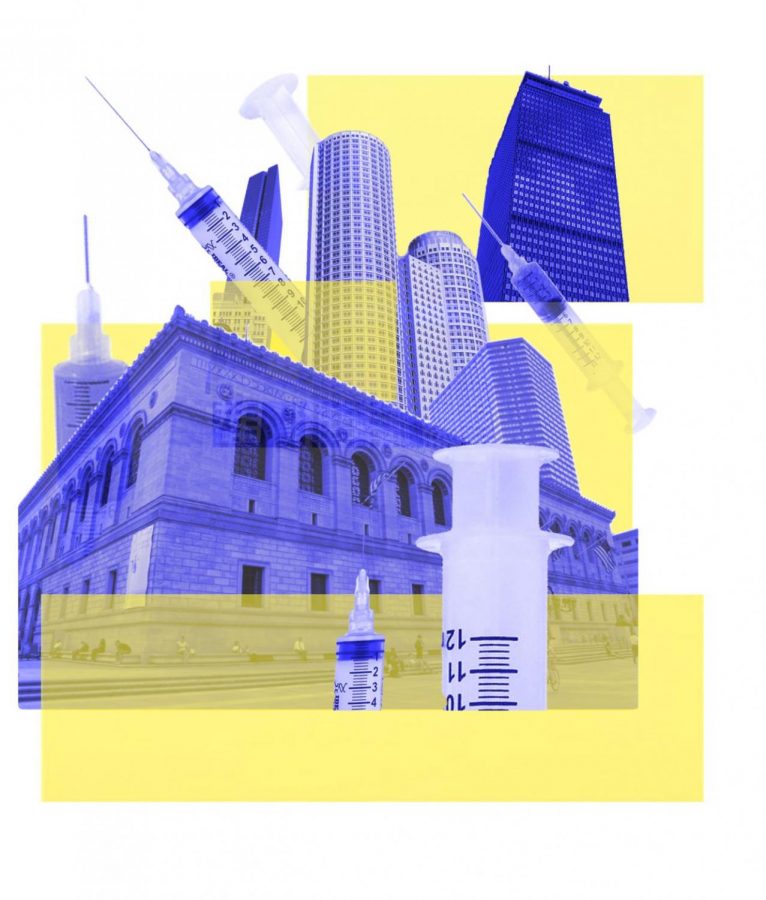Bring Safe Injection Sites to MA to Fight Opioid Epidemic
The Massachusetts Senate Is Attempting to Pass a Bill to Legalize Injection Sites
February 28, 2019
The opioid epidemic is continuing to rise. According to the Massachusetts Department of Public Health, there were 1,938 opioid-related overdose deaths and an estimated 2.1 million total Americans with an opioid disorder in 2017. The Massachusetts Senate wants to include the establishment of safe injection sites in a larger bill aimed at addressing opioid addiction. This bill should be passed.
People argue that safe injection sites send a message to teenagers that illegal drugs can be used in a safe environment, therefore promoting use of them. These sites may not be the solution to the opioid epidemic—however, they are one way to combat health related issues such as HIV and Hepatitis C, in addition to reducing the influence of drugs in a community.
According to the World Health Organization, an estimated 10% of all cases of HIV are caused by injecting drugs. HIV infection results from 1 in every 125 injections.
The National Institute on Drug Abuse reported that in 2015, 64.2% of acute Hepatitis C could be attributed to injection drug use.
These staggering amounts can be significantly lowered through the use of safe injection sites, as seen through a success story in Vancouver. Vancouver was one of the first cities in North America to open a safe injection site. At this site, opioid users inject drugs alongside a nurse and are given clean needles to use. Rates of fatal overdose declined 35% in the neighborhood and 9% in all of Vancouver after the facility opened. New HIV infections declined by 96%.
When the government criminalizes drug use, it pushes people to use drugs underground. It makes it harder for them to access meaningful support, services, and treatment.
Additionally, it is more likely that users will get sick, contract infectious diseases, share needles, overdose, and die.
Sheila Vakharia, a member of the Drug Policy Alliance, did research about an unsanctioned safe injection site in the US. She found that 57% of the people who passed through said they would have injected in a street, park or parking lot and 37% said they would have injected in a public bathroom if they didn’t have access to a safe injection site.
With safe injections sites being illegal in Massachusetts, more people are likely to abuse drugs in open, public spaces. This spreads more influence to others and might evoke curiosity in teenagers and young adults who see people injecting drugs. If users have access to private, supervised places, there will be a smaller sphere of this negative influence in communities.
Currently, two cities in the United States have a legal safe injection site: Seattle and Philadelphia. Although this is not the solution to the opioid epidemic, it is one way to prevent health consequences that stem from injecting these drugs and to reduce their public presence. Massachusetts should pass the bill and make safe injection sites legal.
This piece also appears in our February 2019 print edition.










